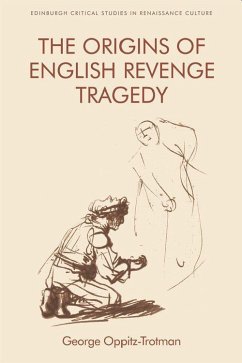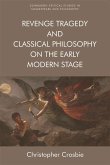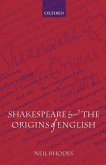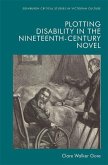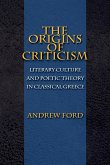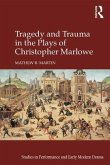Discovers a poetics of tragic figuration Charting a new course between performance studies and literary criticism, this book explores how recognition of the dramatic person is involved in theatrical materiality. It shows how the moral difficulty of revenge in plays like The Spanish Tragedy, Hamlet and The Duchess of Malfi is inseparable from the difficulty of discerning human shapes in the theatre and on the page. Intervening in a wide range of current debates within early modern studies, Oppitz-Trotman argues that the origins of English tragic drama cannot be understood without considering how the common player appears in it. George Oppitz-Trotman is Research Associate in the Faculty of English and the Centre for Research in the Arts, Social Sciences and Humanities (CRASSH) at the University of Cambridge. Cover image: Rembrandt van Rijn and Jan Victors Vor einer nur angedeuteten Gestalt kniender Mann (A man kneeling in front of an only hinted figure) Städel Museum, Frankfurt am Main, Graphische Sammlung © Städel Museum - ARTOTHEK Cover design: www.hayesdesign.co.uk [EUP logo] edinburghuniversitypress.com ISBN 978-1-4744-4171-1 Barcode
Bitte wählen Sie Ihr Anliegen aus.
Rechnungen
Retourenschein anfordern
Bestellstatus
Storno

